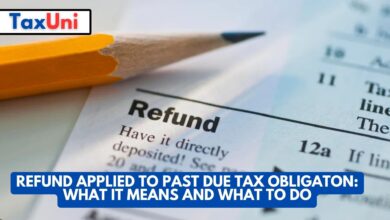Alabama State Income Tax
The Alabama state income tax rate is based on each individual's filing status and income level. It is a progressive tax system, meaning that higher-income earners pay more taxes than those in lower brackets.

Alabama’s state income tax is based on your adjusted gross income and filing status. Alabama uses a progressive state income tax system, which taxes higher-income earners at a lower rate than low-income earners. The tax rates are 2% on the first $500 of taxable income, 4% on the next $3,000, and 5% on all taxable earnings above that amount. In addition, certain deductions are available for individuals, including those related to health care and mortgage interest. However, the state does not allow you to deduct personal property taxes or other state or local taxes.
Alabama has a progressive tax system, meaning that higher-income earners pay more taxes than those in lower brackets. However, there are several tax incentives that can help reduce the amount of state income tax paid by individuals. These include deductions subtracted from taxable income and reduce an individual’s overall tax liability. Calculating Alabama state income tax involves determining your taxable income and applying the appropriate tax brackets and rates based on your filing status. Alabama also offers a standard deduction for different filing statuses and a personal exemption and dependent exemption for each qualified taxpayer.
How to File the Alabama State Income Tax Form?
You can file your Alabama income tax return electronically or by mail:
Electronically: The Alabama Department of Revenue offers a free e-filing service called My Alabama Taxes. You can use this service to file your return directly from the department’s website.
By Mail: You can mail your completed return and any required attachments to the Alabama Department of Revenue.
There’s not just one Alabama State Income Tax Form. The specific form you need depends on your filing situation. Here’s a breakdown:
Form 40: This is the main form for most individual taxpayers in Alabama. It’s used to report your income, deductions, credits, and calculate your tax liability.
Form 40NR: This form is used by non-resident individuals who earned income in Alabama.
Form 40NR/EST: This form is used by non-resident individuals who are required to make estimated payments of Alabama income tax.

Alabama Business Privilege Tax
Businesses that operate in the state must pay a business privilege tax. This tax is imposed on all corporations, limited liability entities, and disregarded entities that are registered or qualified to do business in the state. The tax is collected through withholding by the employer and must be reported on the tax return.
You can claim a deduction for charitable contributions as long as they are not more than 50% of your adjusted gross income (AGI). In addition, you can also deduct expenses related to running a business, such as salaries and wages, rent, utilities, supplies, and repairs. You can also deduct investment and depreciation costs.





